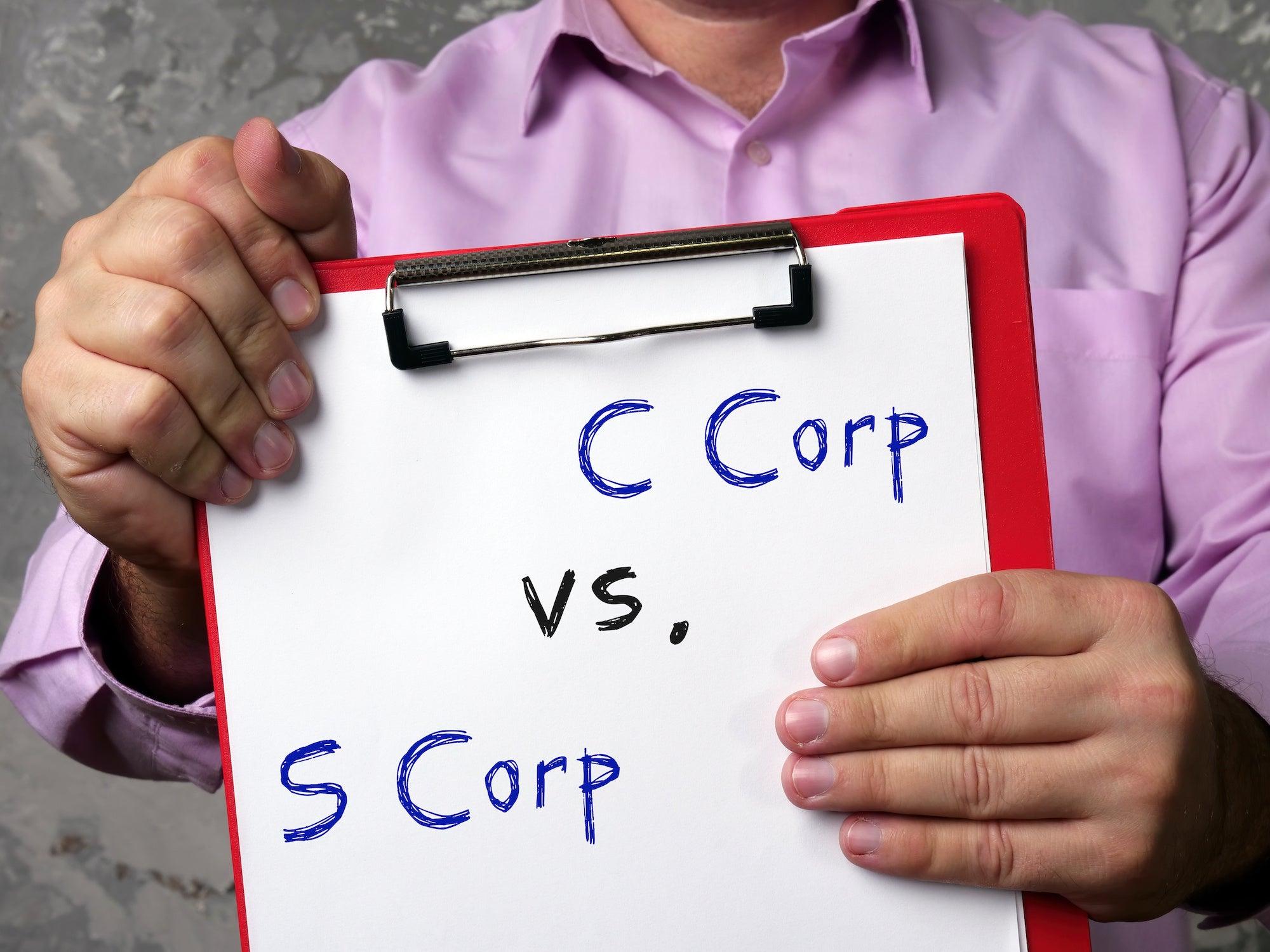When starting a business, one of the important decisions an entrepreneur has to make is the type of business structure to adopt. In the United States, there are several types of business structures to choose from, including sole proprietorship, partnership, limited liability company (LLC), and corporation. Within the corporation structure, there are two types: the C Corporation (C Corp) and the S Corporation (S Corp).
A C Corp is the most traditional type of corporation and is treated as a separate legal entity from its owners. C Corps are taxed as separate entities, which means they pay taxes on their profits, and any profits distributed to shareholders are taxed again as personal income. This is known as "double taxation." C Corps can have an unlimited number of shareholders and can offer a wide range of stock options. They are also subject to more regulations and reporting requirements than other types of business structures.
An S Corp, on the other hand, is a type of corporation that elects to be taxed as a partnership. This means that the company's profits and losses are passed through to the shareholders, who report the income on their personal tax returns. This eliminates the problem of double taxation that C Corps face. S Corps are also subject to fewer regulations and reporting requirements than C Corps, but they have some restrictions. For example, S Corps can only have 100 shareholders or less, and they can only issue one class of stock.
When deciding between a C Corp and an S Corp, there are several factors to consider. For example, if a business owner is seeking to raise a large amount of capital, a C Corp may be a better choice as they can issue a wide range of stock options. On the other hand, if a business owner wants to avoid double taxation and wants a more flexible business structure, an S Corp may be a better choice.
C Corps and S Corps are two different types of corporations with distinct features and tax implications. Entrepreneurs starting a business should carefully consider their goals and priorities, as well as the regulations and reporting requirements associated with each type of corporation, before making a decision. It is always advisable to consult a professional, such as a lawyer or tax expert, to help determine the best business structure for a particular business.


